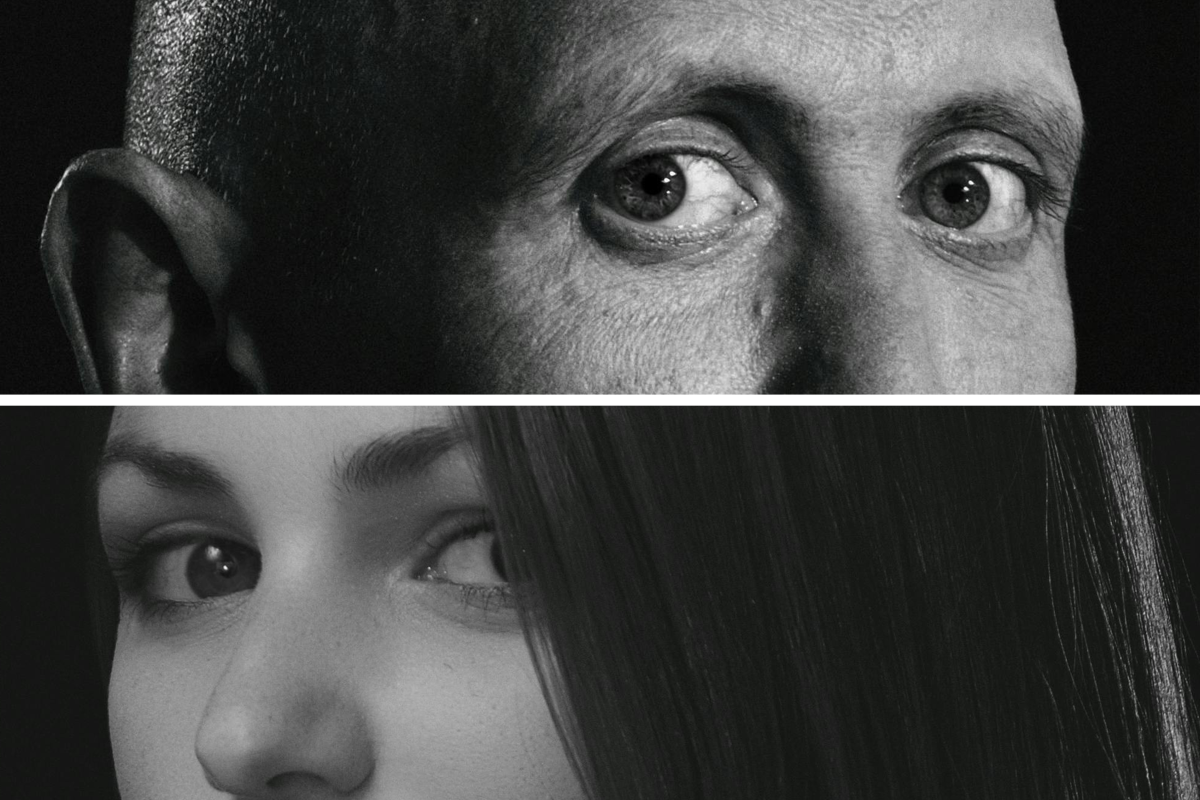WARNING: This article contains descriptions of an inappropriate student-teacher relationship with a large age gap, as seen in the film “Miller’s Girl.” This link is at the end of the “Miller’s Girl” trailer and includes more information. I would also like to mention that while this is a serious topic, I’ve included a few jokes and comments. This should not take away from the seriousness of the topic.
By now, many people have heard of Jenna Ortega. From “The Little Rascals Save the Day” to “Scream VI,” Ortega has without a doubt made a name for herself in the Hollywood sphere.
However, her recent movie “Miller’s Girl” has gotten immense backlash, primarily for the age difference between Ortega, 21, and her co-star Martin Freeman, 52. “Miller’s Girl” focuses on Cairo Sweet (Ortega), an 18-year-old high school student and her English teacher, Johnathan Miller (Freeman).
Sweet is unlike other students in the class, spending her time reading the provocative works of Henry Miller and smoking cigarettes. However, when Sweet is applying to college, she realizes she has little material to write about in the application. This is when she sets out to seduce Miller.
Miller recognizes Sweet’s seeming maturity as well as her talent for writing and becomes a sort of mentor to her, giving her special treatment and spending time with her outside of the classroom.
This is where lines begin to blur.
Eventually, the relationship reaches a point of physical intimacy when Miller goes to Sweet’s house while she’s there alone. This encourages Sweet to write a descriptive and lewd short story about the sexual moment that she and Miller shared.
Sweet then sends the short story to Miller, which sets off a nasty chain of events. Upon reading the short story, Miller realizes that his previous actions were beyond inappropriate, even though he enjoyed them. He abruptly cuts off his relationship with Sweet and becomes cold towards her.
Feeling hurt and betrayed, Sweet gives her short story to the vice principal, leading to a hearing by the school board in which Sweet is asked to testify.
The movie ends on an ambiguous note, never showing the actual hearing or revealing the fate of Sweet and Miller.
While the ending of the movie is left up to interpretation, the provocative scene involving Ortega and Freeman left little to the imagination.
While the intimacy coordinator on set said that Ortega felt “empowered and comfortable during filming, with extra attention given to her well-being as the younger actor,” the film is still uncomfortable to watch.
The fact that two household names such as Ortega and Freeman are willing to star in a movie that arguably normalizes age difference in a sexual context makes one think: Why is age difference in Hollywood so prevalent? Why is it being perpetuated? And how is this problematic for young girls?
Ortega has appeared in adult films like “X” and “American Carnage,” she is also the star of many children’s shows. From being the lead in shows targeted to younger audiences like “Stuck in the Middle,” to appearing in feel-good family movies like “Yes Day,” Ortega has without question become idolized by young girls.
One of Ortega’s most popular projects is the Netflix series “Wednesday,” which is the third highest-viewed English-Language series on Netflix. This project premiered in 2022, which is only two short years before “Miller’s Girl.” So, when the young people who love Wednesday Addams see her becoming involved with her (obviously) much older male teacher, what will they do?
Psychology tells us they will copy her actions, whether they’re logical or not.
A study done in 2018 “of Australian preschoolers and Kalahari Bushman children finds that a particular kind of imitation — over-imitation, in which a child copies everything an adult shows them, not just the steps that lead to some outcome — appears to be a universal human activity.”
Many people share in this ethical concern, with one article saying, “With a significant age gap between the actors, coupled with explicit visuals of the scene, many viewers have expressed discomfort and condemnation, citing concerns about the ethical implications of such a portrayal.”
However, many people defend Ortega’s choices. “People need to get over the fact that Jenna is not Wednesday Adams and that she is a grown woman who is exploring serious roles as a talented actress,” The Daily Mail said in a recent article.
While Ortega is certainly talented and, by all means, allowed to break away from childish roles, she is held in high esteem by young children who have watched her play some of their favorite characters. While she is an adult and may want to take on more mature projects, one might argue that she has a moral responsibility to her younger audience to not set a bad example because of the possible effects.
Many would argue with the previous statement, saying that it should be “obvious” that Ortega and Freeman’s on-screen relationship is not to be imitated.
However, an article from PsychCentral points out that children are likely to imitate adults, regardless of whether or not they know the action is wrong.
Psychologist Mark Nielsen of the University of Queensland in Australia says in the aforementioned article that scientists “have been finding this odd effect where children will copy everything that they see an adult demonstrate to them, even if there are clear or obvious reasons why those actions would be irrelevant.”
“Miller’s Girl,” whether the main characters are both adults or not, is on a dangerous path and can set a bad example by highlighting such a vastly inappropriate relationship.
Relationships with large age gaps are not uncommon in Hollywood, but that doesn’t mean they are suitable for the real world, or the movie world. By continuing to make movies featuring an inappropriate relationship, it’s not only being normalized but also romanticized. This is a problem and can possibly be detrimental to the children who watch it, as shown in the studies mentioned.
So, to everyone who is contributing to Hollywood’s normalization of these unsettling relationships: do better.
































